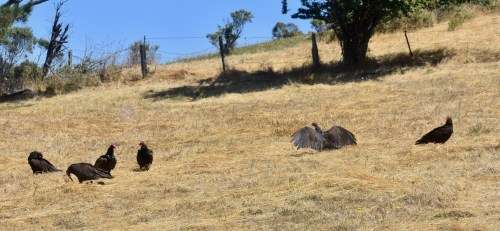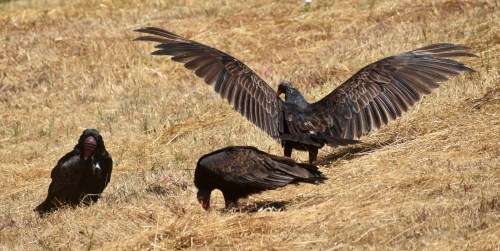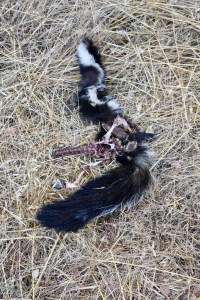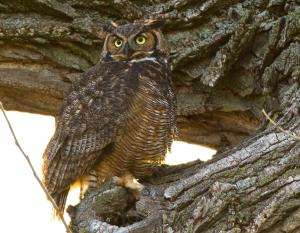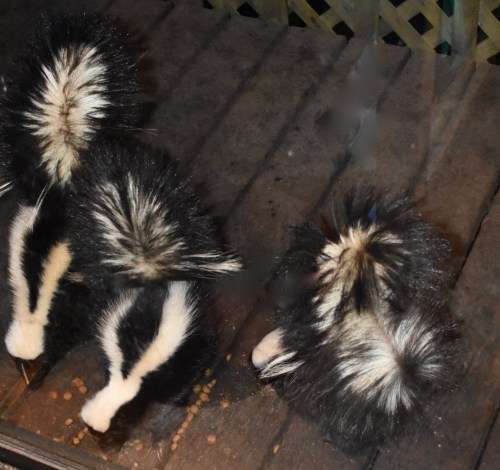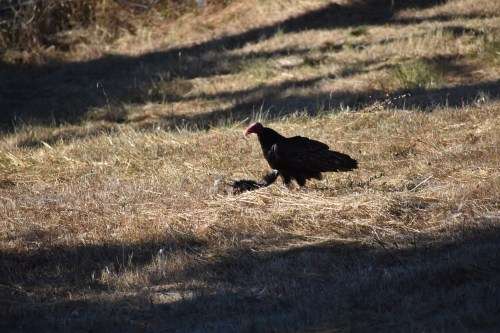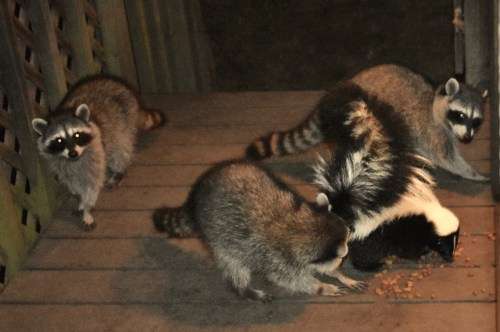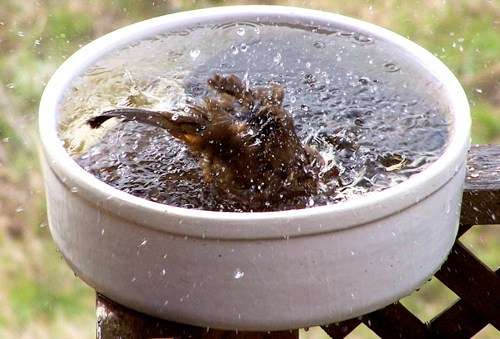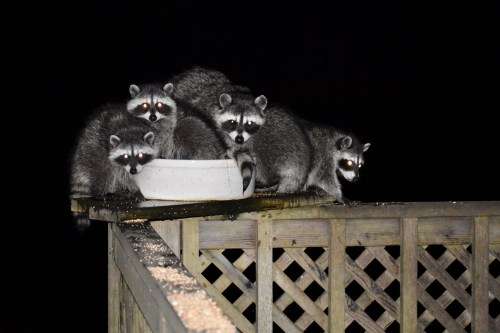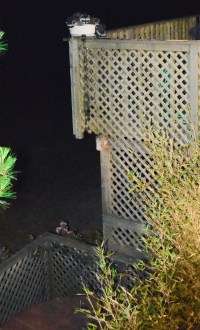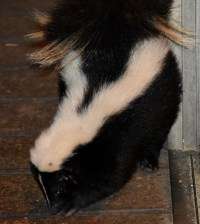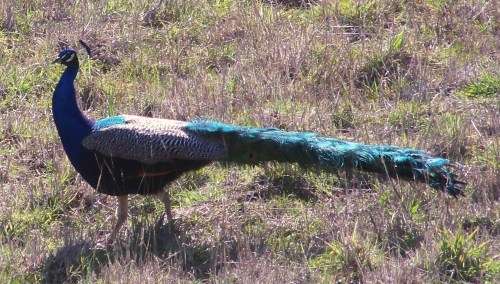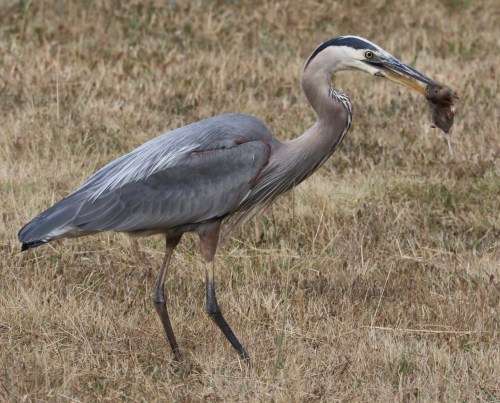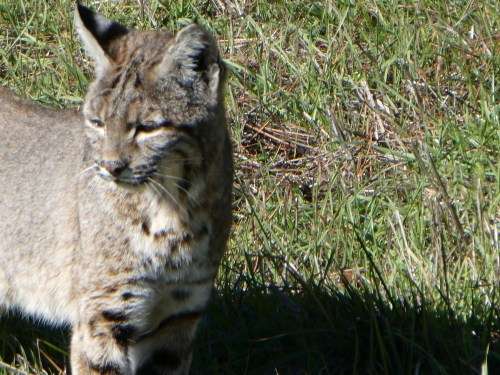Sun 26 Jul 2020
A stray cat, young wildlife, and a couple of short poems
Posted by DavidMitchell under Photography, West Marin nature, Wildlife
Comments Off on A stray cat, young wildlife, and a couple of short poems
Caveat lectorem:Â When readers submit comments, they are asked if they want to receive an email alert with a link to new postings on this blog. A number of people have said they do. Thank you. The link is created the moment a posting goes online. Readers who find their way here through that link can see an updated version by simply clicking on the headline above the posting.
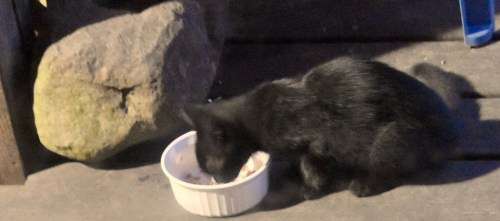
Stray cat. Does anyone around Point Reyes Station recognize this small, black cat? It started showing up at Mitchell cabin three days ago. I assume the owner lives somewhere in the vicinity of Highway 1 north of the Point Reyes-Petaluma Road. It seemed weak from hunger when we first saw it, and Lynn gave it some tuna.
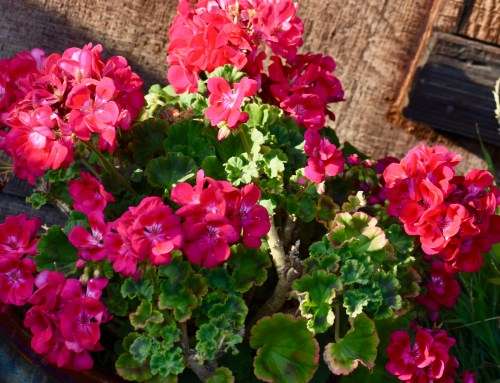


Geraniums on our deck. Lynn and I spent a couple of hours yesterday rearranging pots of flowers, succulents, and a small tree on our deck to give some of them more sunlight. Three large pots of geraniums were part of the mix, and that brought to mind a poem by the Pulitzer Prize-winning poet Theodore Roethke (1908-1963).
The Geranium
When I put her out, once, by the garbage pail,/ She looked so limp and bedraggled,/ So foolish and trusting, like a sick poodle,/ Or a wizened aster in late September,/ I brought her back in again/ For a new routine — / Vitamins, water, and whatever/ Sustenance seemed sensible/ At the time; she’d lived/ So long on gin, bobbie pins, half-smoked cigars, dead beer/ Her shriveled petals falling/ On the faded carpet, the stale/ Steak grease stuck to her fuzzy leaves./ (Dried-out, she creaked like a tulip.)
The things she endured! — / The dumb dames shrieking half the night/ Or the two of us, alone, both seedy,/ Me breathing booze at her,/ She leaning out of her pot toward the window.
Near the end, she seemed almost to hear me — / And that was scary — /So when that snuffling cretin of a maid/ Threw her, pot and all, into the trash-can,/ I said nothing.
But I sacked the presumptuous hag the next week,/ I was that lonely.
—  —  —
As we get into summer, I’m seeing more and more young wildlife around the cabin.
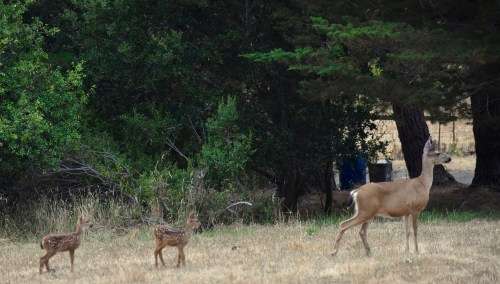


A black-tailed doe leading her two young fawns, all three of them on full alert, across a field downhill from us last Friday.
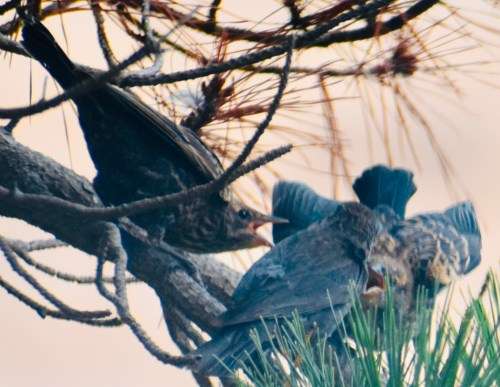


A blackbird feeds two of her young as they noisily compete with mouths wide open for seeds she’s pecked up. This repast yesterday was enjoyed in a pine tree just outside our window.
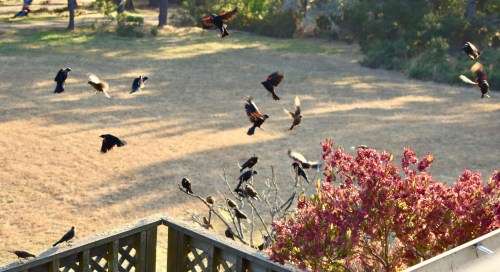


A flock of hungry red-winged blackbirds began flying in yesterday when they saw Lynn and me spread birdseed on the railing of our deck while right below them….
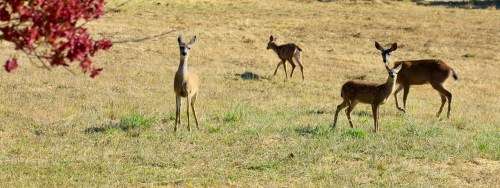


two does, each with a fawn, grazed where the grass was a tad greener.
I’ll sign off with  a whimsical poem by the 1970 US poet laureate William Stafford (1914-1993). It provides a bit of humor to brighten these sad times.
Adults Only
Animals own a fur world:/ people own worlds that are variously, pleasingly, bare./ And the way these worlds are once arrived for us kids with a jolt,/ that night when the wild woman danced/ in the giant cage we found we were all in/ at the state fair.
Better women exist, no doubt, than that one,/ and occasions more edifying, too, I suppose. But we have to witness for ourselves what comes for us,/ nor be distracted by barkers of irrelevant ware;/ and a pretty good world, I say, arrived that night/ when that woman came farming right out of her clothes, by God,/ At the state fair.

